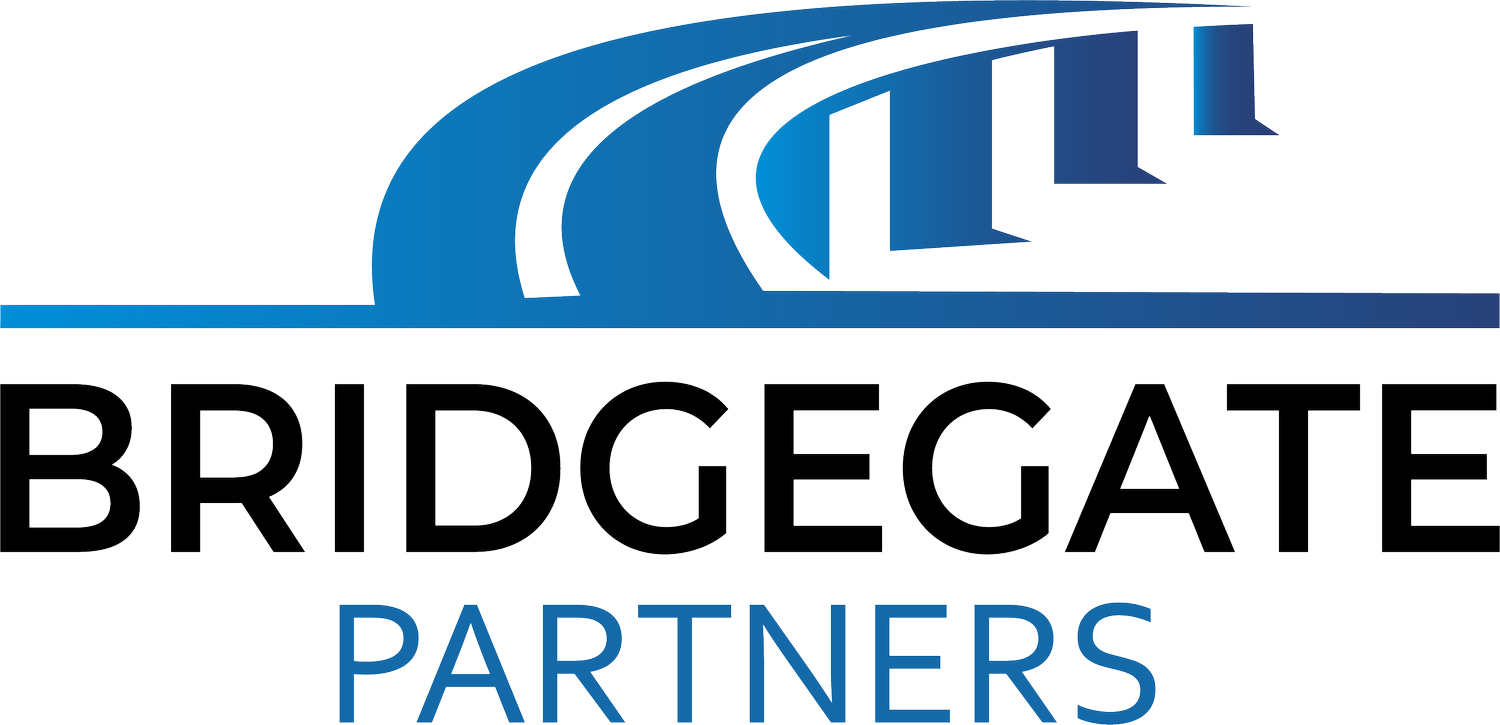Mastering Your Business Transition: The Power of a Memorandum of Understanding
In my previous post, I listed the six or seven documents you’ll nedd during the business sale journey. After you and a potential buyer mutually sign a non-disclosure or confidential agreement, you’ll want to work on the Memo of Understanding (MOU).
Picture this: You're on the brink of selling your small business, a venture you've nurtured from its humble beginnings. As you navigate the intricate dance of final negotiations with your buyer, one document emerges as your guiding light—the Memorandum of Understanding (MOU). It's not just a piece of paper; it's your strategic blueprint, your compass in uncharted waters.
Understanding what an MOU entails, why it's indispensable in the sale of your business, and the key elements it encompasses can spell the difference between a smooth transition and a rocky road ahead.
What Is a Memo of Understanding?
Think of it as a roadmap or a preliminary agreement that outlines the terms and conditions of the sale between you (the seller) and the potential buyer. While not legally binding like a contract, an MOU serves as a blueprint for the final agreement and sets the tone for negotiations moving forward.
I recommend you and the potential buyer craft the MOU collaboratively using a simple template. Lawyers will create the final purchase/sale agreement, but you and the buyer can practice your communications skills and outline the sales terms by creating the MOU yourselves.
Why is the MOU so important in the sale of your business?
Simply put, it clarifies expectations and reduces the risk of misunderstandings between you and the buyer. By laying out the fundamental terms and conditions early on, both parties can assess whether they're aligned in their vision for the sale. Additionally, an MOU provides a framework for due diligence, helping the buyer understand the intricacies of your business and its assets.
Now, let's dive into the key elements of a Memorandum of Understanding:
Parties Involved: Clearly state the identities of the seller(s) and the buyer(s) involved in the transaction. This establishes the foundation of the agreement and ensures clarity from the outset.
Purchase Price and Payment Terms: Outline the proposed purchase price for your business and specify the terms of payment. Will it be a lump sum, installment payments, or a combination of both? Including this information upfront helps manage expectations and facilitates negotiations.
Assets and Liabilities: Detail the assets and liabilities that are included in the sale. This may encompass tangible assets such as equipment and inventory, as well as intangible assets like intellectual property and customer contracts. Be transparent about any outstanding debts or obligations that the buyer will inherit.
Due Diligence Process: Define the scope and timeline for the due diligence process. This allows the buyer to conduct a thorough examination of your business operations, financial records, and legal documents to assess its value and potential risks.
Confidentiality and Exclusivity: Include provisions regarding confidentiality and exclusivity to protect sensitive information shared during negotiations. This ensures that both parties maintain discretion and refrain from disclosing proprietary details to third parties.
Conditions Precedent: Specify any conditions that must be met before the sale can proceed. This could involve obtaining regulatory approvals, securing financing, or fulfilling other contractual obligations.
Termination Clause: Define circumstances under which either party can terminate the MOU without liability. Having a clear exit strategy in place provides flexibility and mitigates the risk of disputes down the line.
Summary
In the dizzying world of business sales, clarity is your best ally.
Enter the Memorandum of Understanding (MOU), your trusty companion in the realm of negotiations. From defining purchase price and terms and conditions to safeguarding confidentiality, the MOU sets the stage for a sweet transition. By grasping its essence and embracing its elements, you empower yourself to steer the sale of your business towards a prosperous horizon. So, seize the reins and let the MOU be your beacon of clarity in the stormy sea of selling your business.
If you want to chat with a fee-only and independent business exit coach about your situation, please make an appointment with me. We can discuss your goals, where you are now and the challenges of selling your business in the most effective and profitable way possible. Use the link on this website to set up a time for us to talk. I look forward to it.
